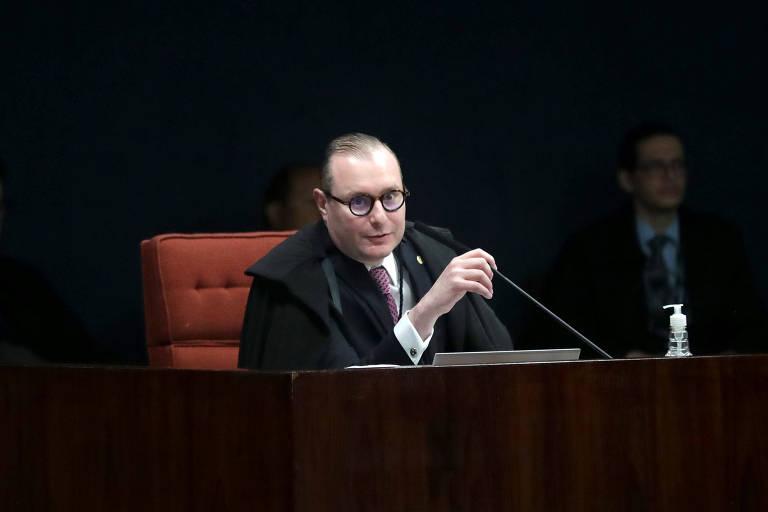Justice Cristiano Zanin, of the Supreme Federal Court, complied with a request from former President Luiz Inácio Lula da Silva's government (PT) and suspended on Thursday (25) sections of the law that extended the exemption of payroll taxes for companies and municipalities.
The action was presented to the Supreme Court on Wednesday (24). The petition is signed by the president himself and the head of the AGU (Attorney General's Office), Jorge Messias. The main argument is that the exemption was approved by Congress "without adequate demonstration of the financial impact." The government says there is a violation of the Fiscal Responsibility Law (LRF) and the Constitution.
In the interim decision—meaning, temporary—Zanin considered that, without indication of the budgetary impact, there may be "a significant misalignment in public accounts and a weakening of the constitutionalized fiscal regime." The suspension takes immediate effect. Zanin, however, submitted the decision to his colleagues. The other ministers will analyze it in a virtual session that begins in the early hours of Friday (26) and ends on May 6. The interim decision led to reactions from congressmen and productive sectors. For the Senate president and also Congress, Rodrigo Pacheco (PSD-MG), it is a "third round".
In justifying the decision, the minister who was Lula's lawyer in the Lava Jato cases stated that in 2000, "the country began to seek fiscal responsibility with the valuable participation of the National Congress," citing the law dealing with the subject.
He added that, however, "the fiscal rules approved at that time underwent a process of flexibilization at the same time that there was an uncontrolled increase in public spending in recent years." Zanin then mentions the spending cap rule, approved by Congress in 2016, during Michel Temer's (MDB) administration, which limited the growth of federal government expenses. "[The spending cap amendment to the Constitution was] approved in a short period of time and in a politically turbulent moment in the country, all to reinforce the intention of the Legislative Houses to promote effective control of public accounts."
